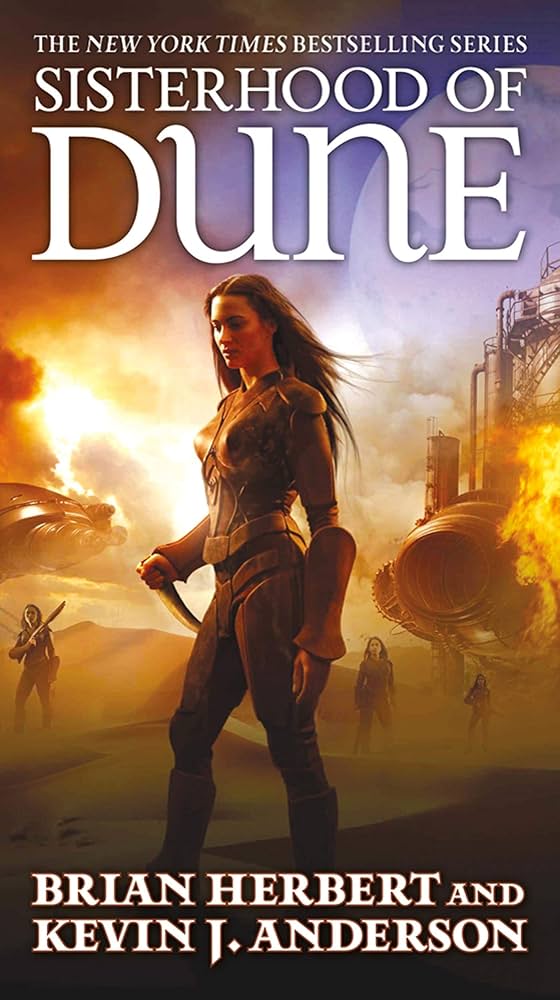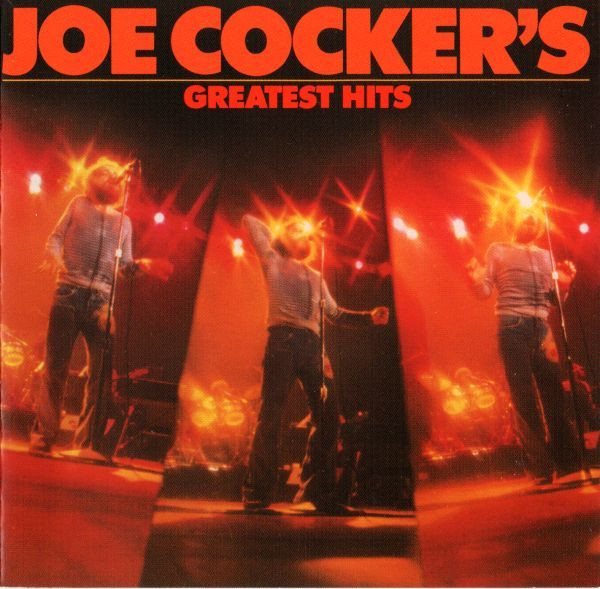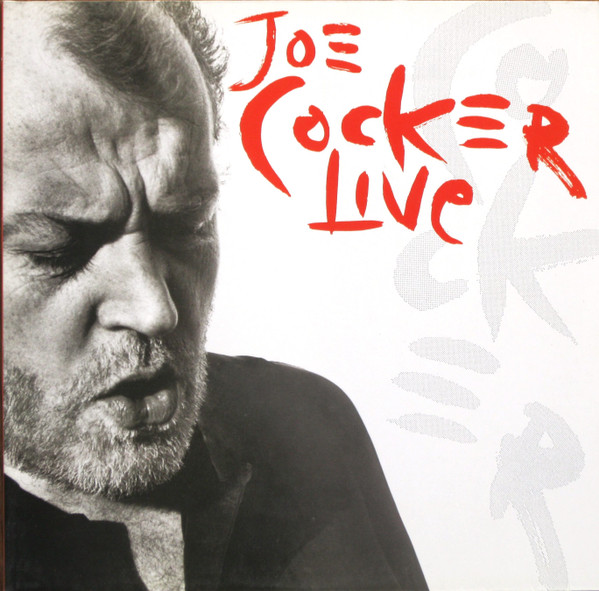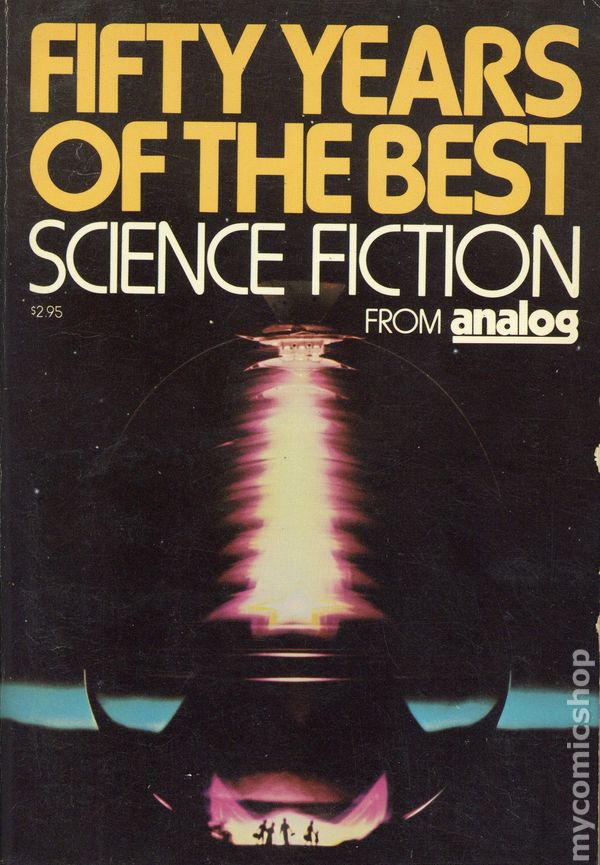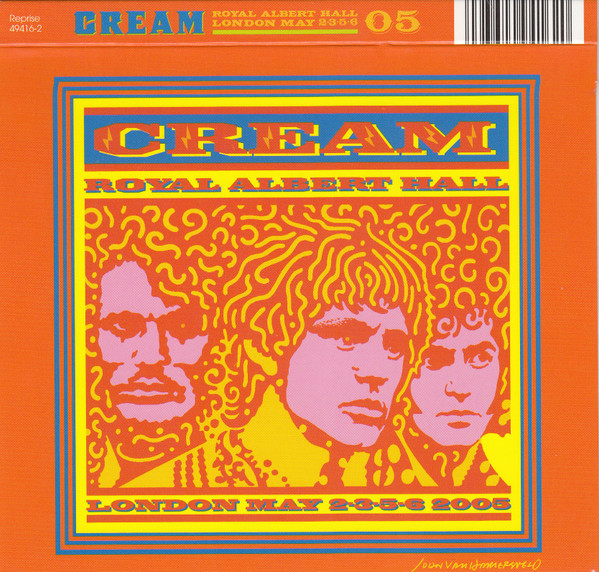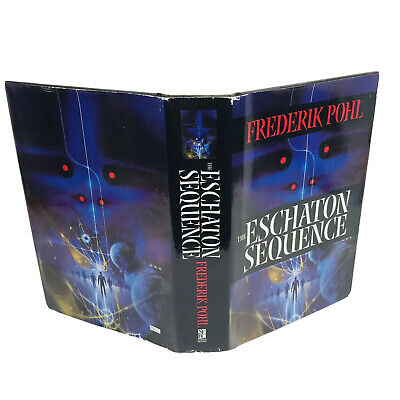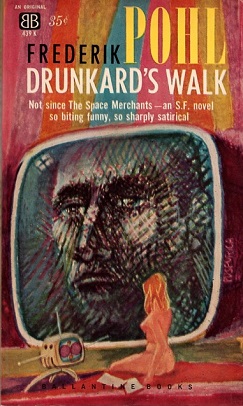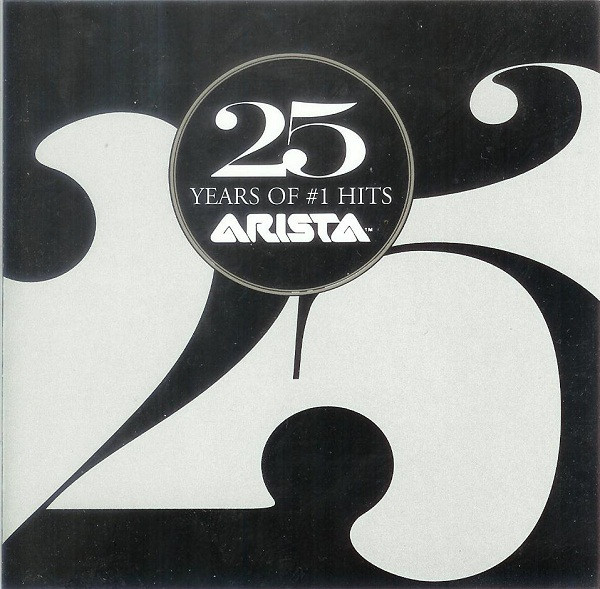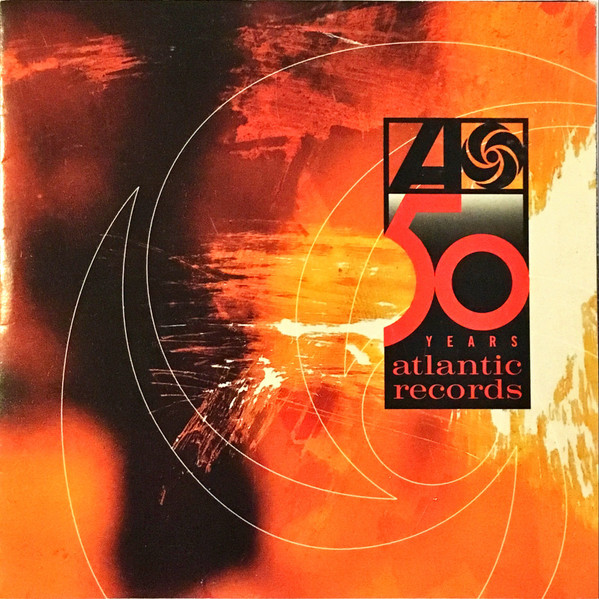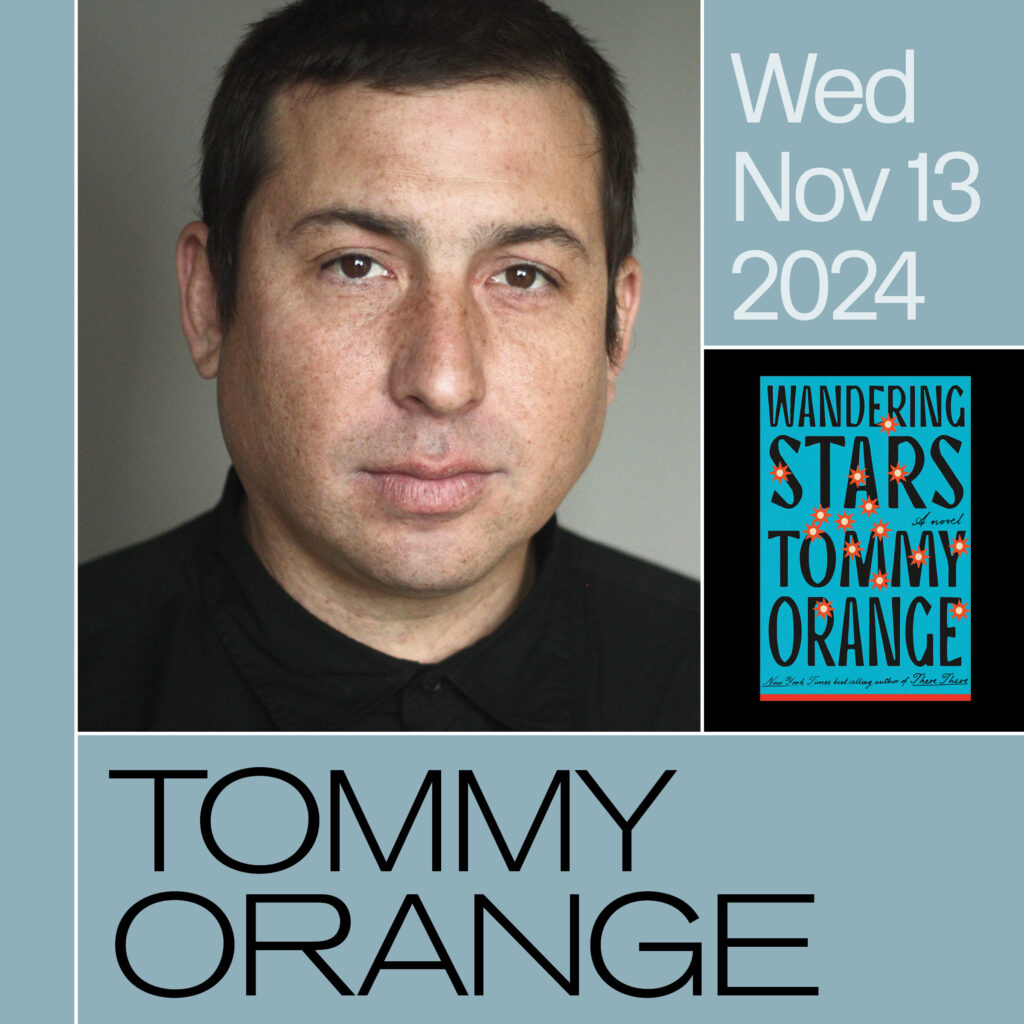
Diane and I drove down to Kleinhans Music Hall for the second session in the Just Buffalo Literary Center’s Babel series featuring Tommy Orange (last month we heard Sandra Cisneros who led off this Babel series, you can read my review here).
Tommy Orange’s first novel was There There, a best selling book about the lives of urban Native Americans. Orange’s second novel, Wandering Stars, was published in February 2024. Diane is reading it now.
Tommy Orange’s presentation concerned his Native American experiences. Orange is a member of the Cheyenne and Arapaho Tribes of Oklahoma. As you might suspect, both of Orange’s novels are heavily autobiographical.
Diane and I–and the hundreds of other audience members–enjoyed the “Conversation” segment of the evening where Barbara Cole, Just Buffalo’s CEO, engaged Orange with questions about his writing process, his evolution from a non-reader to a reading addict, and his current movie and TV projects. All in all, a satisfying evening full of humor and pathos. GRADE: A
